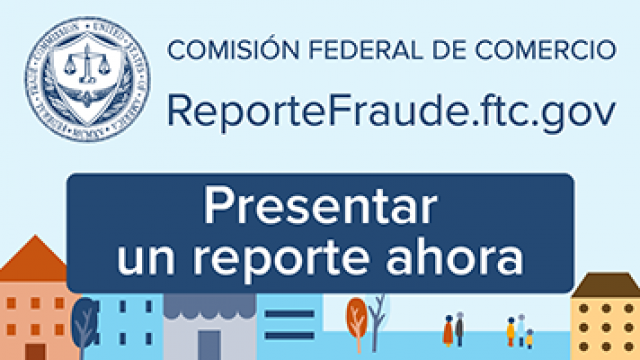Learn about the latest scams, and get advice to help you avoid, report, and recover from them.
No, that’s not an FTC commissioner on the phone
Scammers are impersonating the United States Patent and Trademark Office
Ignore unexpected calls about loans you didn’t apply for
Avoid Scams When You Travel
How To Avoid Scams After Weather Emergencies and Natural Disasters
Fake Prize, Sweepstakes, and Lottery Scams
You get a call, email, or letter saying you won a sweepstakes, lottery, or prize — like an iPad, a new car, or something else.



